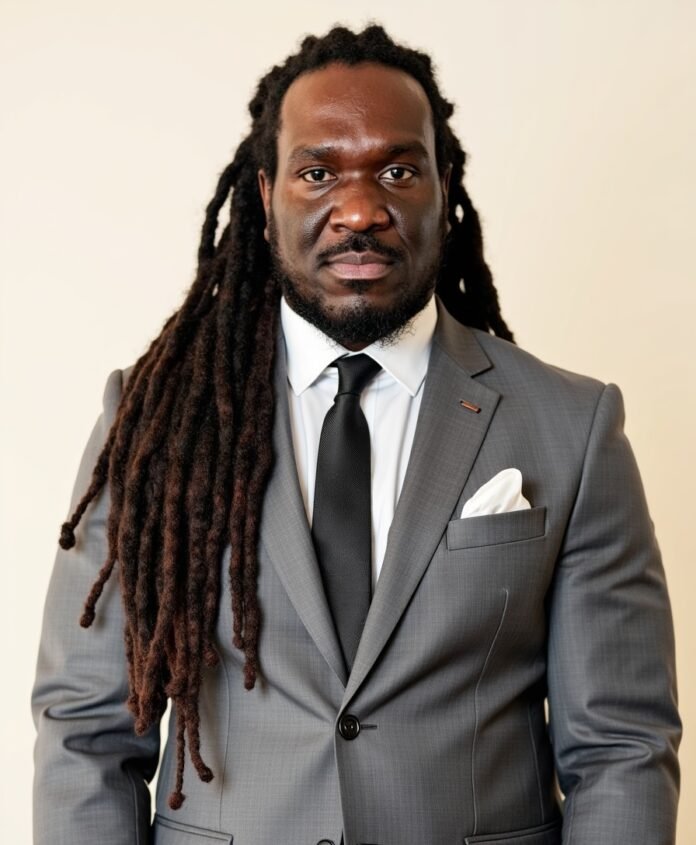In an industry obsessed with loud launches and overnight success stories, Archatech Labs operates differently. Quietly, deliberately, and with precision, the company has been designing and developing the frameworks that tomorrow’s digital experiences will rely on. At the center of that effort is Chizz Cunningham, a technologist whose approach to innovation blurs the line between engineering, design, and culture.
“We don’t chase attention,” Cunningham says. “We build systems that last.”
The Silent Architects of the Digital Age
While many tech firms market products, Archatech Labs focuses on building infrastructure, software, networks, and programs that power experiences behind the scenes. The studio’s mission is clear: create transparent, interoperable technology that connects people, industries, and ideas across borders.
Founded on Cunningham’s belief that design and code should coexist seamlessly, Archatech Labs functions more like a creative engineering studio than a traditional tech company. Its small, distributed team works across blockchain, artificial intelligence, and digital media — translating complex systems into tools that feel human.
“You don’t have to be seen to make an impact,” Cunningham explains. “Some of the most important technology is invisible, you feel it in how it changes your life, not in how loudly it’s advertised.”
From Concept to Culture
Archatech Labs’ portfolio reflects a philosophy of purposeful innovation. The lab has contributed to several high-profile initiatives, including MyPal4Life, a blockchain platform built to demonstrate real-world utility through on-chain transparency, and History of the Game, a cultural storytelling project co-founded by Cunningham and former NBA star Baron Davis that merges sports heritage with digital interactivity.
Both projects showcase what Cunningham calls “the architecture of trust” — technology designed not for speculation, but for verification and belonging. Whether preserving the legacy of athletes or giving users control over their data, Archatech’s work is rooted in a single idea: tech should make culture more authentic, not more artificial.
A Philosophy of Quiet Innovation
In an era where startups chase virality, Archatech Labs’ low-profile approach feels almost rebellious. The company avoids hype cycles and public fundraising, focusing instead on long-term collaborations with partners who value integrity and craftsmanship.
“We’d rather be known for the depth of our work than the noise around it,” Cunningham says. “Every system we design has a purpose, to simplify something complicated, to bring transparency to something opaque, or to make technology feel more human.”
That philosophy extends to how Archatech develops its products. Instead of siloed departments, the lab operates as an interdisciplinary think-tank, where developers, designers, and strategists work side-by-side. Each project begins with a cultural question: How does this improve the way people connect, create, or trust one another?
Building the Invisible Layer of Global Technology
Cunningham’s long-term vision for Archatech Labs is nothing short of global. By merging blockchain verification, artificial intelligence, and data integrity, the lab aims to create the invisible infrastructure that future technologies — from entertainment to education — will run on.
“The next evolution of tech won’t be about apps,” he says. “It’ll be about ecosystems. We’re designing the systems that other creators and companies will eventually build upon.”
It’s this focus on foundational design that positions Archatech Labs as a quiet powerhouse in a noisy industry. While others race to release the next trending product, Cunningham and his team are shaping the terrain itself, building the scaffolding of a more transparent and connected digital world.
The Human Element
For Cunningham, technology has always been personal. Growing up in Jamaica Queens, he was drawn to both art and engineering disciplines that still guide his work today. That duality fuels Archatech Labs’ unique culture: half design studio, half research lab.
“We’re not trying to out-market anyone,” he says. “We’re trying to out-think them, to solve the problems that will matter ten years from now.”
This long-view mindset has already begun attracting attention from innovators and creatives who see Archatech Labs as more than a tech company, but as a partner in shaping the next era of digital expression.
Looking Ahead
As Archatech Labs continues to expand its collaborations and global reach, Cunningham remains steadfast in his belief that innovation doesn’t need to be loud to be revolutionary.
“Our work speaks for itself,” he says. “We’re designing systems that help the world run a little smoother, a little fairer, and a lot more connected. That’s the legacy we’re building.”
